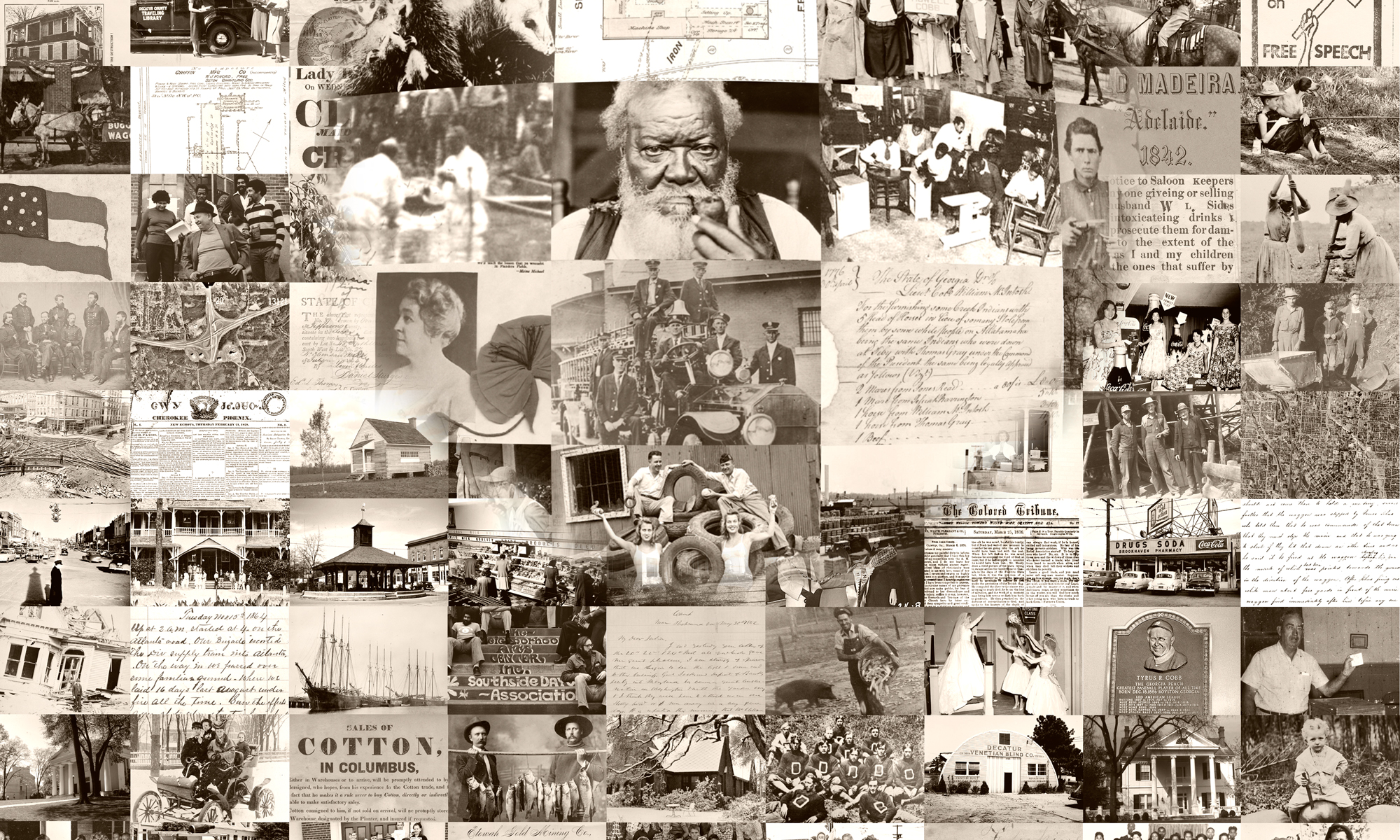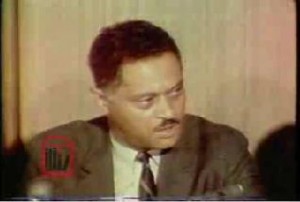The Georgia Archives Institute has just been named the recipient of a 2016 Distinguished Service Award from the Society of American Archivists (SAA).
From SAA’s web site:
“The Georgia Archives Institute (GAI) is the 2016 recipient of the Society of American Archivists’ Distinguished Service Award. Created in 1964, the award recognizes an archives institution, education program, nonprofit organization, or government organization that has given outstanding service to its public and has made an exemplary contribution to the archives profession.
For 49 years, GAI has provided an intensive training course in the practical and theoretical foundation for archival enterprise, enabling 775 archivists from thirty-six states and nine countries to understand and implement best practices in the management of archives. GAI’s far-reaching impact has led to the development of professional standards, diverse and inclusive collections, institutional partnerships, the education of archivists as managers and advocates, and a better awareness of the fundamental importance of historical records.
One supporter wrote that GAI has ‘filled a significant gap in archival education for many individuals at small to medium institutions who may shoulder archival responsibilities along with numerous other roles, who may have gained these roles in mid-career, or who may not have access to archival education courses.'”
Please join us in congratulating the Georgia Archives Institute on this achievement!
You can read more about SAA’s 2016 Fellows and Award recipients here.


